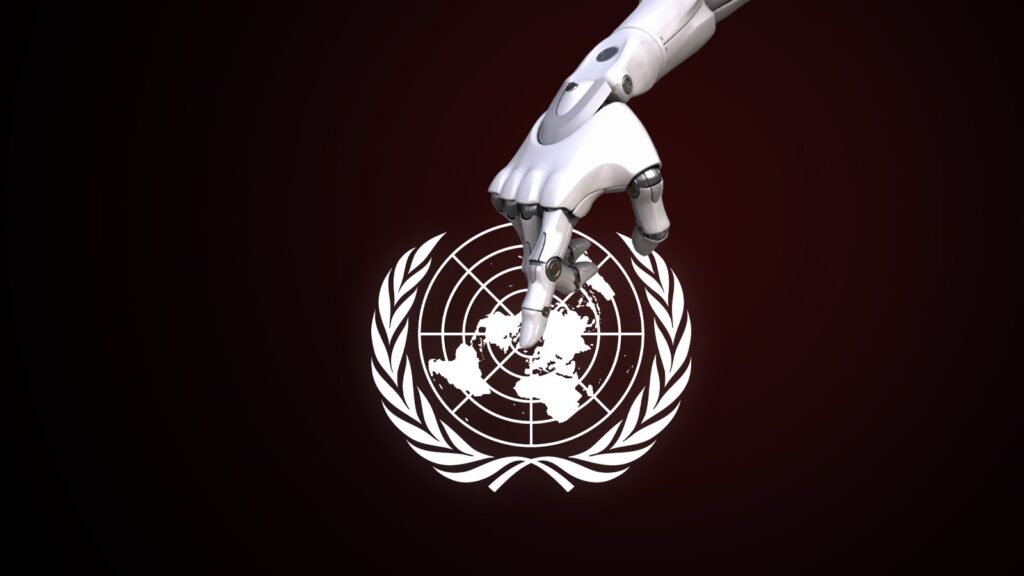The UN General Assembly is set to address artificial intelligence on Thursday, considering a resolution that outlines both the opportunities and challenges presented by this transformative technology, while advocating for the establishment of international standards.
Co-sponsored by numerous countries, the resolution underscores the importance of developing guidelines “to promote safe, secure, and trustworthy artificial intelligence systems,” with a notable exclusion of military AI from its scope.
While highlighting the positive potential of AI, the resolution also emphasizes the need for concerted efforts to bridge the digital divides between and within countries.
Presented by the United States, this draft resolution marks the first official UN initiative on artificial intelligence and is slated for approval during the assembly session on Thursday.
The resolution also emphasizes the importance of promoting digital transformation and ensuring equitable access to AI, aligning with the UN’s Sustainable Development Goals aimed at securing a better future for humanity by 2030.
US Ambassador to the UN Linda Thomas-Greenfield stressed the urgent need for collective action in addressing the rapid development of AI technologies, highlighting the critical moment for member states to act together.
Richard Gowan, an analyst at the International Crisis Group, noted that the focus on development reflects a strategic move by the US to garner support from poorer nations.
Richard Gowan observed that addressing how AI can support the progress of developing nations might be an easier starting point than directly confronting security and safety concerns.
While the draft resolution acknowledges the potential threats of AI when used maliciously, it also underscores the risks to human rights, privacy, and the reinforcement of biases if not properly regulated.
Member states and stakeholders are urged to avoid or discontinue the use of AI systems that cannot operate in accordance with international human rights laws or pose significant risks to human rights.
Concerns about AI technology have grown, especially regarding generative AI tools and their potential to undermine democracy and society through the dissemination of fake images and speech aimed at influencing elections.
UN Secretary-General Antonio Guterres has prioritized AI regulation, advocating for the establishment of a UN entity akin to the International Atomic Energy Agency (IAEA) to oversee this effort.
Guterres has frequently underscored the dangers of disinformation and recently cautioned against the bias inherent in technologies primarily developed by men, warning of the potential for algorithms to perpetuate inequalities, particularly against women.
Richard Gowan of the International Crisis Group suggested that the US might seek to influence the conversation on AI regulation as it considers the topic sensitive, possibly preferring to shape the debate itself rather than allowing Guterres to lead it.
A competition is unfolding among several UN member states, including the United States, China, and South Korea, each vying to take the lead on the matter.
Last October, the White House introduced regulations aimed at positioning the United States as a frontrunner in AI governance, emphasizing President Joe Biden’s commitment to overseeing the technology.



